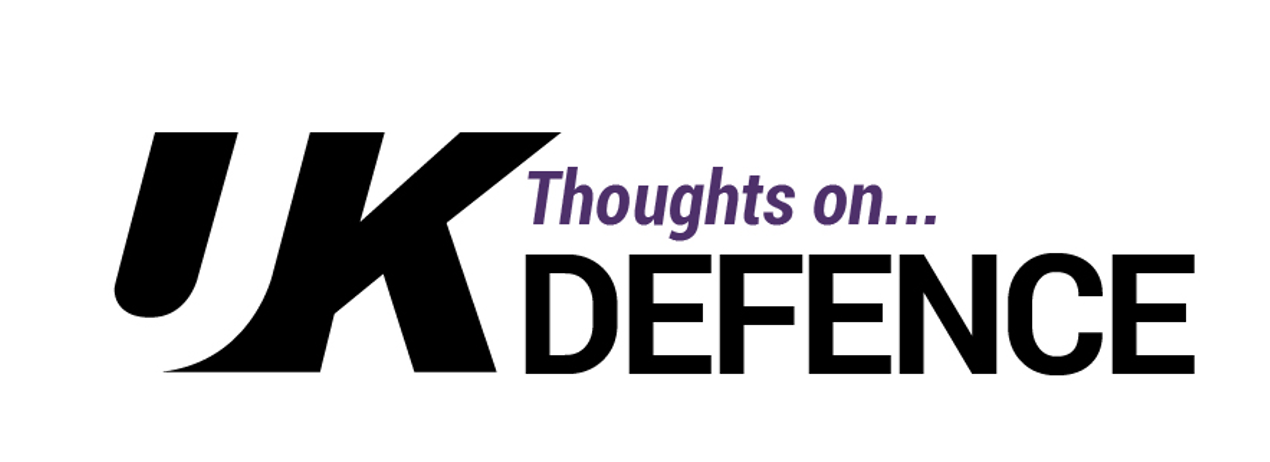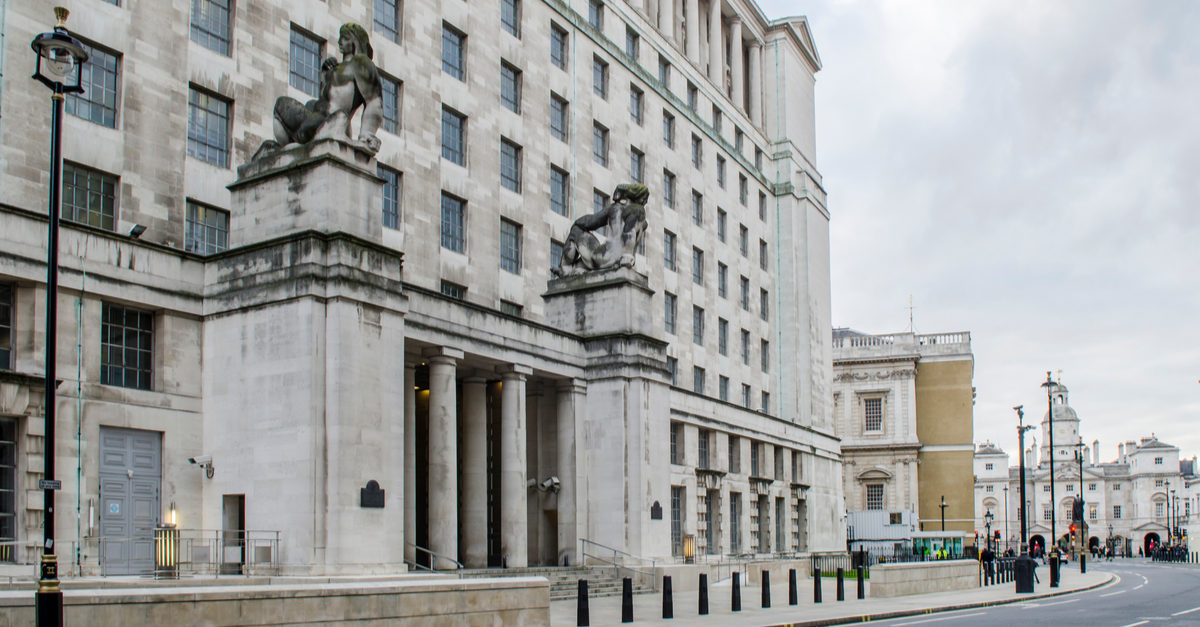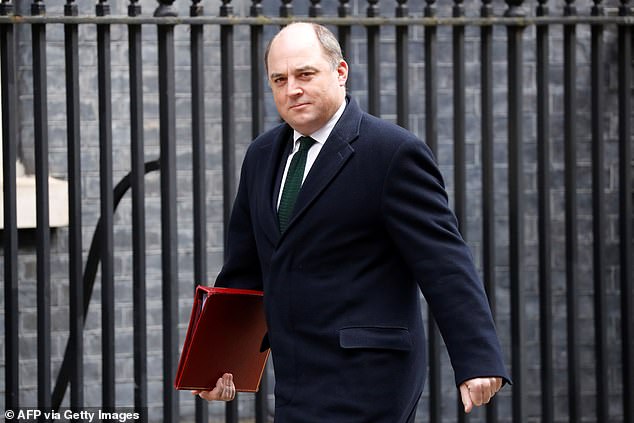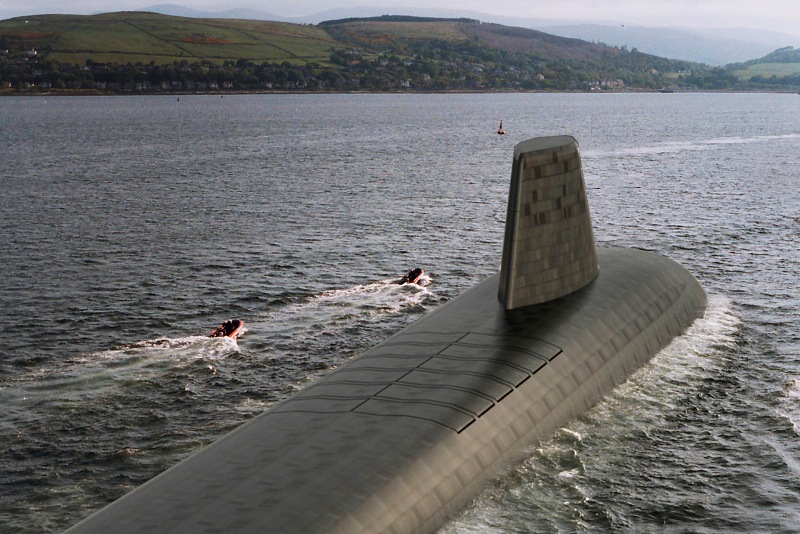The Sunday Times claims that Boris Johnson is preparing to replace the head of the armed forces before the summer, and earlier than planned. Regardless of whether, as the newspaper suggests, the prime minister is “tired’ of the current incumbent, an early change makes sense. General Sir Nick Carter’s three years in post will be up in June and a new man is needed to take forward the defence-related outcomes from the Integrated Review. The Telegraph has been quick to identify the runners and riders, but who is most likely to become the next Chief of the Defence Staff?
The Candidates
There are currently five 4 star appointments within Defence, and the UK also provides a full General for the role of Deputy Supreme Allied Commander Europe. However, that post was only filled in April 2020, and it is extremely unlikely that the current incumbent, General Tim Radford would be considered as a replacement for General Carter.
That leaves the Vice Chief of the Defence Staff, Admiral Sir Tim Fraser, the First Sea Lord, Admiral Tony Radakin, Chief of the General Staff, General Sir Mark Carleton-Smith, Chief of the Air Staff, Air Chief Marshal Mike Wigston, and Commander Strategic Command, General Sir Patrick Sanders.
Experience and Suitability
Of the five candidates, four were promoted into their current appointments over the summer of 2019. General Carleton-Smith has been a 4 star one year longer, having assumed the role of Chief of the General Staff in June 2018. All five have considerable operational experience, and have worked closely with US and NATO allies.
While all will have obviously accrued knowledge and professional acumen throughout their respective careers, recent performance and experience will be most relevant when their suitability for the top job is being considered. And here they can all claim a unique selling point. Admiral Fraser served in a key appointment within MoD Head Office that focused on delivering the outcomes of the last Strategic Defence and Security Review in 2015. All of Admiral Radakin’s staff appointments have been in joint or defence roles, including chief of staff of joint forces command. General Carleton-Smith is the only member of the group to have held the key MoD appointment of Deputy Chief of the Defence Staff (Military Strategy and Operations), as a 3 star. Air Chief Marshal Wigston has first-hand knowledge of the workings of the Chief of the Defence Staff’s office, having served as the principal staff officer to a previous incumbent, General Sir Nick Houghton. Finally, General Sanders has overseen the transition of Joint Forces Command to Strategic Command, the UK’s newest major organisation, formed in 2019.
Other Considerations
While it may seem axiomatic that the most senior appointment in defence should always go to the best qualified candidate, it is, unfortunately, never that simple. Appointing a new Chief of the Defence Staff is as much about relationships as it is about ability. According to The Sunday Times, General Sanders is thought to be the choice of Secretary of State for Defence Ben Wallace (Conservative MP for Wyre and Preston North). Sanders is also reported to have General Carter’s backing. However, Carter will soon be yesterday’s man, and there is no guarantee that Wallace will remain in place after the Prime Minister’s next Cabinet reshuffle, which could happen in July. The key relationship will be with Boris Johnson, and here there is currently little information coming from Number Ten regarding who is and isn’t in favour.
There is also the often derided, but nevertheless significant, issue of service balance. Sometimes thought of as no more than Buggin’s turn, the rotational aspect of appointments at the top of Defence remains a factor. Of the last dozen Chiefs, only one has come from the Royal Navy, with the Army and RAF sharing the remainder seven and four respectively. Moreover, it is 20 years since the last admiral – Sir Michael Boyce – was appointed to the top job.
Conclusion
To give the new incumbent sufficient time to prepare for the role, the decision on who will be the new Chief of the Defence Staff should be made within the next few weeks. Until it is, speculation will be rife, and no doubt we will see intense lobbying by the retired admirals’, generals’ and air marshals’ community for “their” man. With maritime security a key enabler of the government’s Global Britain strategy, and naval capability clearly evident during the PM’s announcement of additional spending on Defence in Parliament last November, Boris Johnson may well decide that it’s the Navy’s turn for the top job.
If that’s the case, which of the two admirals in the running will it be? If Johnson selects Admiral Radakin, that will necessitate the move of Admiral Fraser, as the other two services would surely baulk at the Royal Navy holding both the Chief and Vice Chief appointments. Fraser could, of course replace Radakin as First Sea Lord. Alternatively, Admiral Fraser could be elevated to the top job; after all, two the last three Chiefs served their time as the Vice Chief before moving up. Ultimately, @onUKDefence believes the new Chief of the Defence Staff will be an admiral. Which one will depend as much on who has favour with the Prime Minister, as who would do the better job at implementing the outcomes of the Integrated Review.







1 comments On A new Chief of the Defence Staff will be needed to implement the Integrated Review
Andy, I agree, RN most likely. There’s also the “Churchill Factor” for the PM and the role the admiralty played in Churchill’s career and how the PM would be influenced by that historical component? Here’s a curve ball – could the PM open the post to civilians, similar to Denmark etc?
Posted by ex DSN(T) colleague.